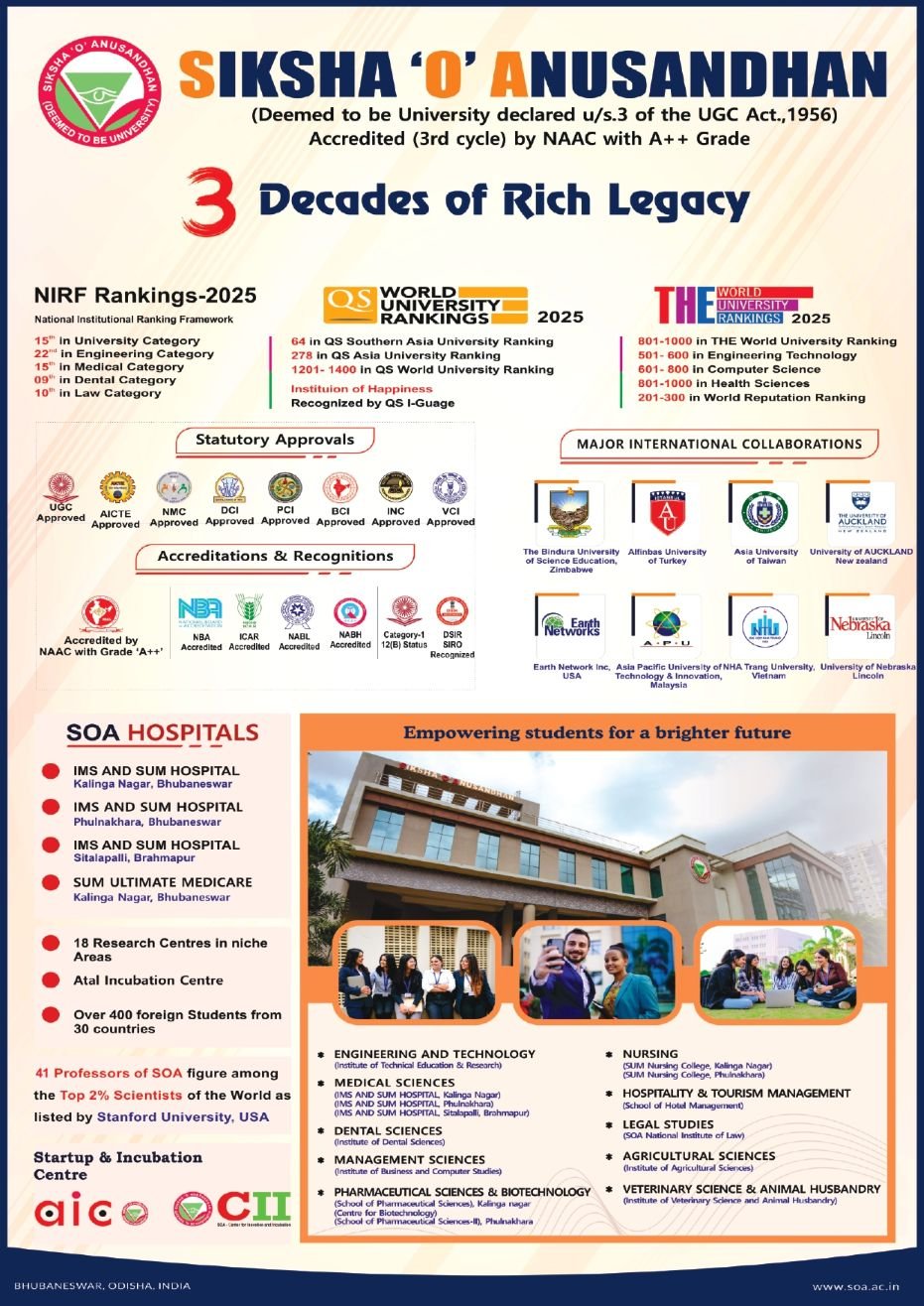Her days in SCERT: An attempt to build robust sub structures for NEP

Bhubaneswar, Aug 30: The Directorate of Teachers Education (TE) and State Council of Educational Research and Training (SCERT), as a separate directorate since 1990, has been working wonders in maintaining quality in school education and teachers training for both elementary and secondary levels in the state. The directorate has assumed utmost importance in the state after the implementation of the new Education Policy and plays the role of the state counterpart of National Council of Educational Research and Training (NCERT).
The SCERT & TE has undertaken several innovative and progressive steps over the years to sustain its quality in its functioning. But when it comes to the integration of National Education Policy (NEP) 2020 in Odisha’s education system, spearheading the Foundational Literacy and Numeracy (FLN) programme as per NEP, finalising State Curriculum Framework (SCF), steering forward the post-COVID learning and recovery plan, contextualising and vetting gender curriculum and revitilising ELTI, IAS officer, Roopa Roshan Sahoo, as the director during August to November 2022, had turbocharged these initiatives.
During the short but impactful tenure as director, she had propelled forward these critical educational initiatives that had lasting imprint on the state’s school educational landscape.
One of the key focuses during this period was the Foundational Literacy and Numeracy (FLN) program, which Odisha initiated in 2019. Despite delays due to the COVID-19 pandemic, the Director led efforts to finalize the literacy and numeracy content, ensuring its alignment with the National Initiative for Proficiency in Reading with Understanding and Numeracy (NIPUN Bharat) under the National Education Policy (NEP). This included developing teacher training modules for over 100,000 primary grade teachers and completing numeracy content for Grades 1-3 and literacy content for Grade 1.
She also played a pivotal role in integrating various state educational programs with the guidelines laid out by the NEP 2020. This involved a detailed study and feasibility analysis of NEP recommendations, ensuring their alignment with Odisha's specific needs and existing initiatives such as the FLN program, State Curriculum Framework (SCF), and Multi-Language Education (MLE).
Under the Director’s leadership, SCERT successfully developed and submitted 25 position papers, a significant achievement as Odisha became one of the few states to meet this requirement promptly. Additionally, the draft State Curriculum Framework (SCF) was completed and submitted to the National Council of Educational Research and Training (NCERT) for review.
A notable achievement was the revitalization of the English Language Teaching Institute (ELTI) at Maitri Vihar, which had been dormant due to staffing issues. She oversaw the redevelopment of the physical space, restarted the library, and expanded the institute's mandate to include the study of tribal languages. This reimagined institute was relaunched as the State Institute for Languages and Teacher Training (SILTT), reflecting a broader and more sustainable focus on language education in Odisha.
In response to the learning disruptions caused by the COVID-19 pandemic, she led the development of grade-appropriate workbooks aimed at bridging learning gaps. These workbooks, developed in collaboration with the Odisha School Education Program Authority (OSEPA), were meticulously vetted and prepared for distribution.
It was mandated that classroom content should be vetted by SCERT .
Another significant initiative during this period was the contextualization and vetting of a Gender Curriculum, developed in partnership with Breakthrough Trust. SCERT played a crucial role in ensuring the curriculum was adapted to Odisha's unique context.
These initiatives ensured significant progress for the state’s school education sector, as the foundational changes set to have a lasting impact on the approach to literacy, curriculum development, and teacher training.




